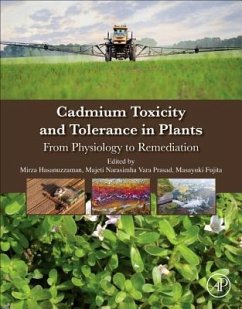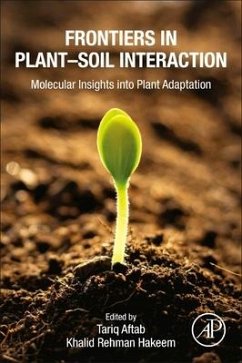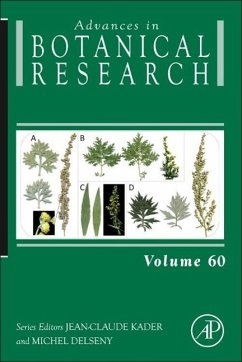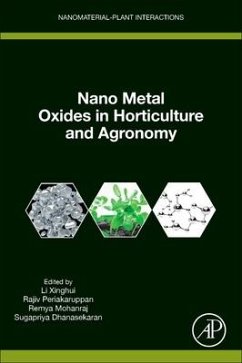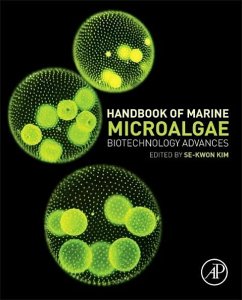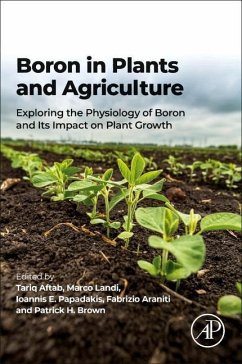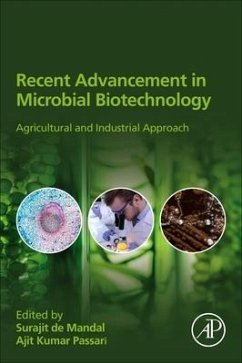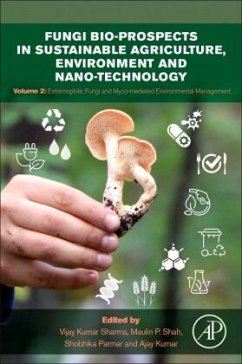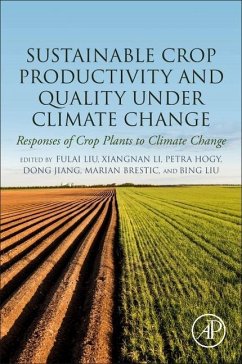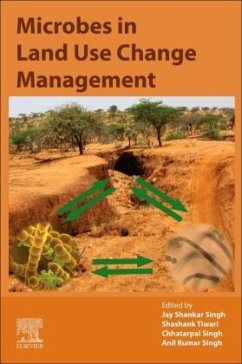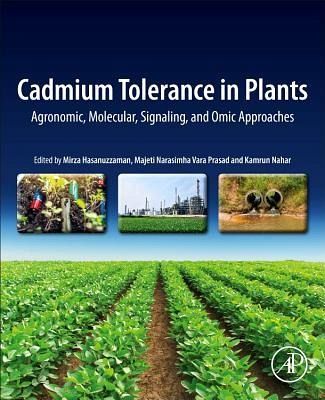
Cadmium Tolerance in Plants
Agronomic, Molecular, Signaling, and Omic Approaches
Herausgegeben: Hasanuzzaman, Mirza; Nahar, Kamrun

PAYBACK Punkte
67 °P sammeln!
Cadmium Toxicity and Tolerance in Plants: Agronomic, Genetic, Molecular and Omic Approaches presents research and latest developments on mechanisms of cadmium tolerance covering both lab and field conditions. This book contains important insights and options for minimizing Cd accumulation in plants and mitigating Cd toxicity. Topics covered include using various omics approaches to understanding plant responses to Cd, novel technologies for developing Cd tolerance and integrated breeding approaches to mitigate Cd stress in crops. Cadmium Toxicity and Tolerance in Plants: Agronomic, Genetic, Mo...
Cadmium Toxicity and Tolerance in Plants: Agronomic, Genetic, Molecular and Omic Approaches presents research and latest developments on mechanisms of cadmium tolerance covering both lab and field conditions. This book contains important insights and options for minimizing Cd accumulation in plants and mitigating Cd toxicity. Topics covered include using various omics approaches to understanding plant responses to Cd, novel technologies for developing Cd tolerance and integrated breeding approaches to mitigate Cd stress in crops. Cadmium Toxicity and Tolerance in Plants: Agronomic, Genetic, Molecular and Omic Approaches is a valuable resource for both researchers and students working on cadmium pollution and plant responses as well as related fields of environmental contamination and toxicology.




